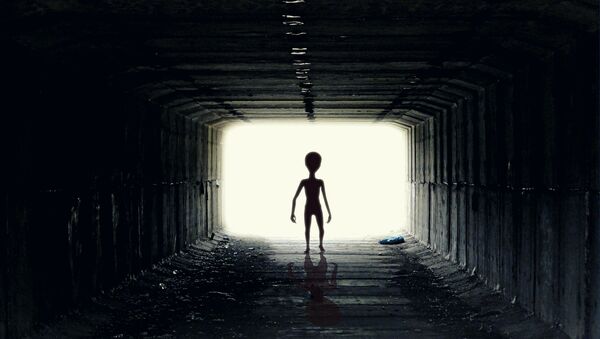A team of scientists from Queen's University Belfast and the Max Planck Institute for Solar System Research in Germany has just completed research examining the likelihood we are being watched on Earth. Robert Wells, a graduate student at Queen's University Belfast and the paper's lead author, remains convinced we are not alone.
"I think there must be life out there somewhere. The universe is just too big for there not to be in my opinion."
Could aliens be watching us?🔭
— Queen's University🎓 (@QueensUBelfast) September 11, 2017
Our experts have identified 9 exoplanets ideally placed to observe transits of Earth: https://t.co/OADG6Ca38H pic.twitter.com/tEUkjAZx15
Recent space missions, he explained, have discovered thousands of planets which the scientists think could potentially be habitable.
"Perhaps they are even similar to Earth which then begs the question could life have started there as well," Mr. Wells added.
During their study, the scientists identified the so-called transit zone where planets in our solar system could be seen to pass in front of our star. This, they believe, provides a higher chance of these terrestrial planets being able to closely monitor developments here on Earth.
Mr. Wells says there are a number of reasons why we haven't, so far, been contacted by alien lifeforms.
"We have to consider quite a few things — like how common is life in the galaxy, especially intelligent life. And if they found us, how would we actually know they had contacted us?"
Future communication, the graduate admitted, could be an issue, although he believes the use of the Transit technique would be a start to send signals between Earth and the extra-terrestrials.
The Transit technique detects distant planets by measuring the minute dimming of a star as an orbiting planet passes between it and the Earth. The passage of a planet between a star and the Earth is called a "Transit."


